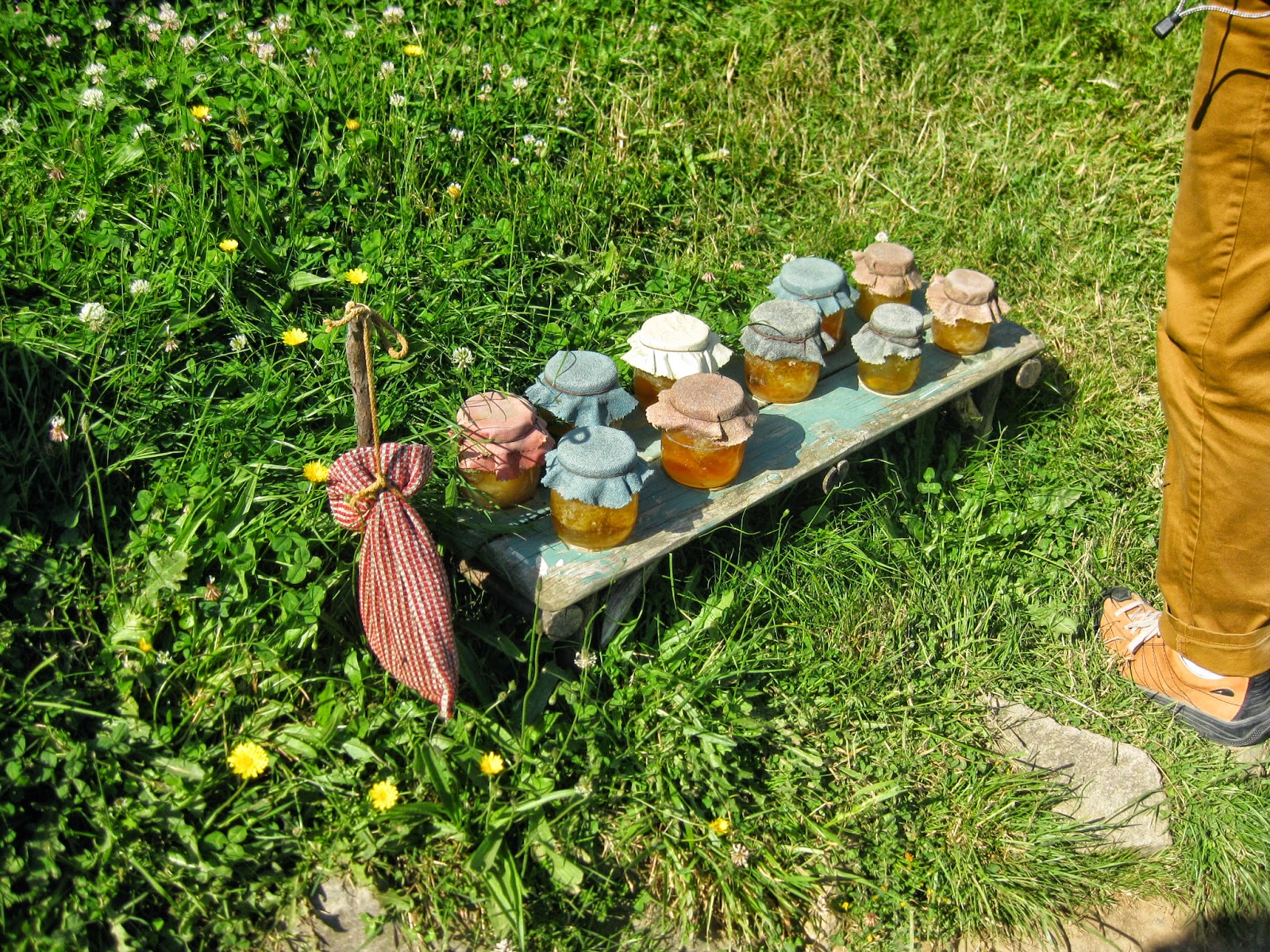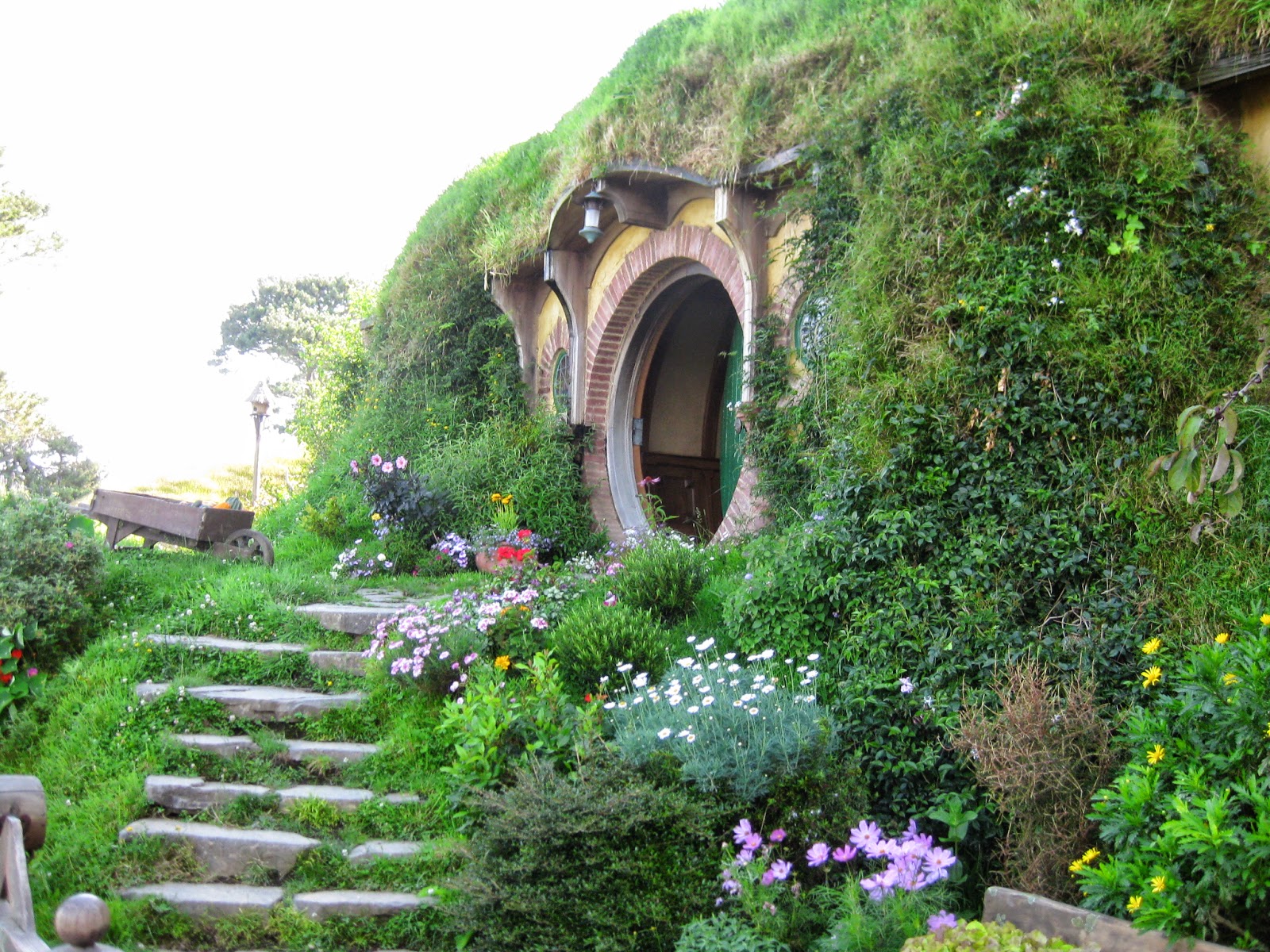Advertising - Are T.V adverts on their way out?
Listening and speaking
What’s your most memorable television advertisement?
What do you think of these? What makes them successful do you think?
Levis
Compare the market.com
Top 10 British adverts
Talk about the adverts Levis and Compare the Market; What makes them successful?
What do you normally do when an advertisement comes on in the middle of your favourite T.V programme?
Reading and speaking - This is part of an article from The Guardian… read and discuss.
The 30-second television commercial, once a cultural touchpoint, has lost its relevance in today’s world. It’s doomed to be relegated to the dustbin of 20th-century artefacts, right up there with cassette players and dial telephones.
TV commercials had their heyday in the 1960s when people had a surplus of time, particularly in the evenings after work. There were no emails, text messages or social networks to keep up with. Work and life had distinct boundaries, and TV was limited to a handful of stations that only broadcast during certain times of day.
Commercials were a part of the TV experience, a window onto the new world of packaged goods, automobiles and airline travel. They were an efficient way to learn about these products without having to get up from the couch.
Commercials were a part of the TV experience, a window onto the new world of packaged goods, automobiles and airline travel. They were an efficient way to learn about these products without having to get up from the couch.
Discuss modern advertising - smartphones, tablets, etc.
TV commercials won’t disappear overnight – they’re still far too effective – and they won’t disappear for all the usual ”TV is dead, the internet is king” reasons. They’ll disappear because the modern consumer no longer has the patience to sit through a four-minute pod of eight 30-second sales pitches. As a result, their effectiveness will slowly wither away, leaving them as artefacts for historians as they study the latter half of the 20th century.

























